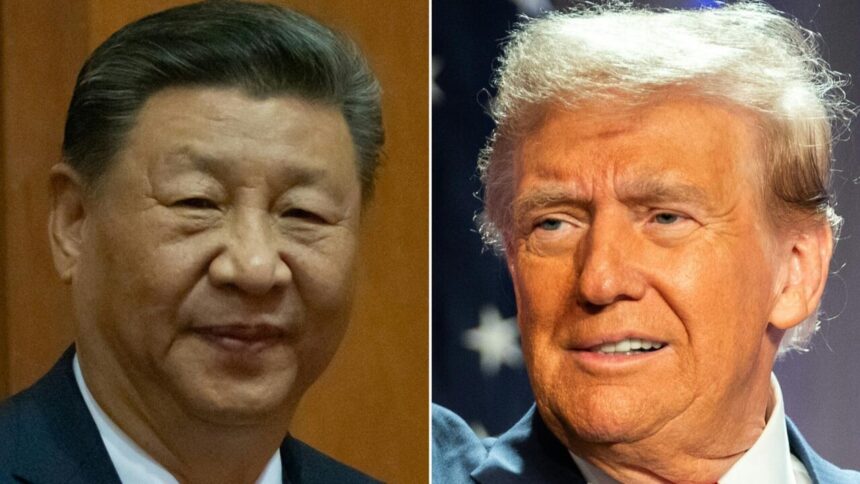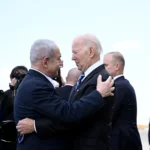Summary by Geopolist | Istanbul Center for Geopolitics:
The piece argues that China’s recent restrictive trade measures against American firms show the Chinese Communist Party (CCP) views economic engagement as a strategic weapon, not just a path to mutual prosperity. It contends that the longstanding U.S. strategy of integrating China into global markets—on the assumption that economic progress would prompt liberalization—has backfired. Instead, the CCP used increased wealth to bolster its power, extend its global influence (especially in Latin America and Africa), and challenge U.S. supremacy.
Pointing to cases like Chinese control of key ports near the Panama Canal, the article warns that trade relationships allow Beijing to coerce or pressure other nations, granting China strategic leverage. It praises President Trump’s first term for shifting U.S. policy toward a tougher stance on China and suggests that an “America First” president returning to the Oval Office should intensify these efforts.
Among the recommended measures are:
- Stricter Border Security and Visa Limits
The article highlights what it calls a surge in “military-aged males” from China crossing the U.S. border illegally, emphasizing the need for stronger immigration enforcement and revoking visas for Chinese nationals studying sensitive STEM fields. - Banning Specific Chinese Entities and Activities
It advocates a prohibition on Chinese companies purchasing U.S. farmland, eliminating CCP-linked tech platforms like TikTok (or forcing their sale), and cutting off U.S. investment in Chinese defense-related firms such as DJI and Huawei. - Technological and Economic Decoupling
The piece argues that America must safeguard intellectual property—particularly in artificial intelligence—against theft by China. It accuses the Biden administration of overregulating domestic tech firms, hampering American innovation while letting China advance AI research largely unchecked. - Combatting Less Obvious Revenue Streams
Beyond high-visibility industries, the article highlights Chinese state-run enterprises like China Tobacco, which generates enormous profits from exports to the United States. It alleges that U.S. regulators often prioritize punishing American businesses over eliminating Chinese imports that evade proper oversight. - Energy Independence and Regulatory Reform
In its view, Biden’s environmental regulations and limits on domestic energy production have weakened U.S. energy independence, allowing adversaries like Russia and hostile OPEC states to exert influence over global energy markets. Simultaneously, the piece claims aggressive antitrust actions against American companies dampen innovation, further ceding technological leadership to China.
Overall, the author calls for aggressive trade, immigration, investment, and regulatory policies to isolate China and protect American economic and strategic interests. It contends that only a strengthened “America First” approach, backed by domestic unity and far-reaching measures, can prevent Beijing from exploiting U.S. markets and resources to fuel its rise.
Read more here.







